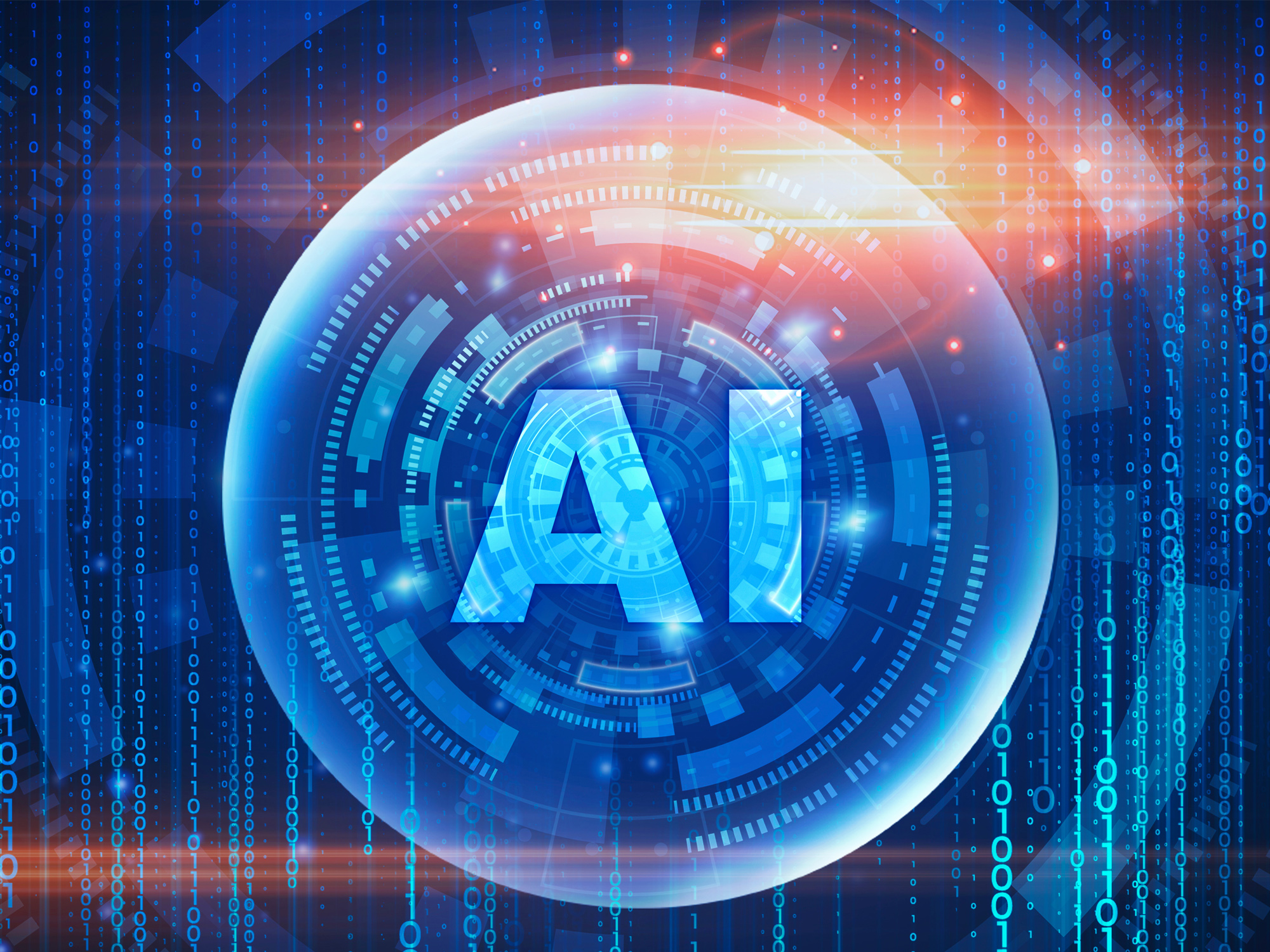
The University of Baltimore's second annual AI Summit, hosted by UBalt's Center for Excellence in Learning, Teaching, and Technology on June 3, brought together dozens of subject matter experts to discuss artifical intelligence's rising influence on and presence in the modern workplace—from supporting everyday tasks like meeting summaries to laying out strategies for future products and services.
Conference attendee and presenter Dr. Claire Baytas, a senior analyst on the Libraries, Scholarly Communication, and Museums team at Ithaka S+R, says the summit added clarity to the ongoing conversation about what generative AI means for society, and whether its role in evolving the workplace is a consistently manageable task.
"A key strength of the summit was its commitment to bridging the gap between what is happening with AI in the classroom and what is happening in the workplace," Baytas says in a post on Ithakas's website. "Determining how to best prepare students to enter the workforce as AI grows increasingly ubiquitous was a recurring theme throughout the day."
Baytas writes that the gathering of stakeholders from business, education and government left her with several key impressions, with this at the top of her list:
"AI skills are important, but not the only skills needed to enter an AI-infused workplace. The local entrepreneurs and software developers speaking at the AI Summit reported already seeing an increase in efficiency through integrating AI into their workplaces. During the 'AI in Business and Entrepreneurship' panel, Bill Karpovich noted that his company is not replacing existing employees with AI, but is now able to hire fewer staff while still growing," she writes. "Familiarity with AI, according to several speakers, is a crucial skill in many fields. They also indicated that colleges and universities should be taking steps to integrate AI into student curricula.
"That said, speakers agreed that students need other capabilities—beyond knowing how to use AI—to enter the workforce. For instance, a few speakers cited 'versatility,' as an essential quality for graduates, one that will allow them to more easily adapt to different kinds of work as AI continues to transform job tasks and the job market. Other speakers noted that 'soft' or 'durable' skills remain important in the age of AI, since employees will still need to excel in these 'human' functions like leadership, teamwork, and communication that AI cannot sufficiently replace."
Ithaka S+R has been working wioth UBalt since 2023, when it included the University in its two-year "Making AI Generative for Higher Education" research project.
Learn more about UBalt's ongoing work in artificial intelligence in the classroom and the workplace.

